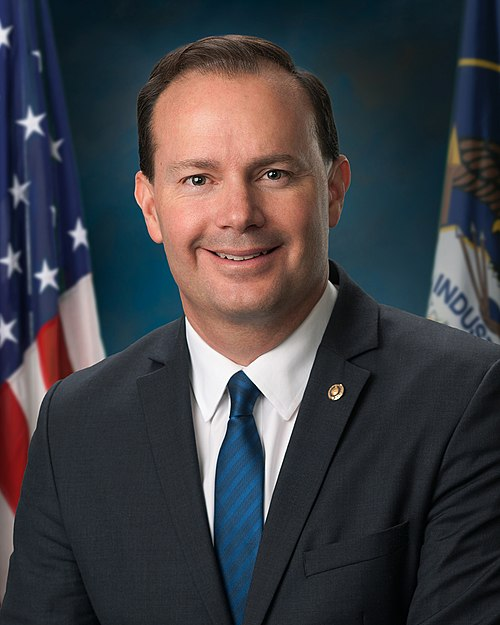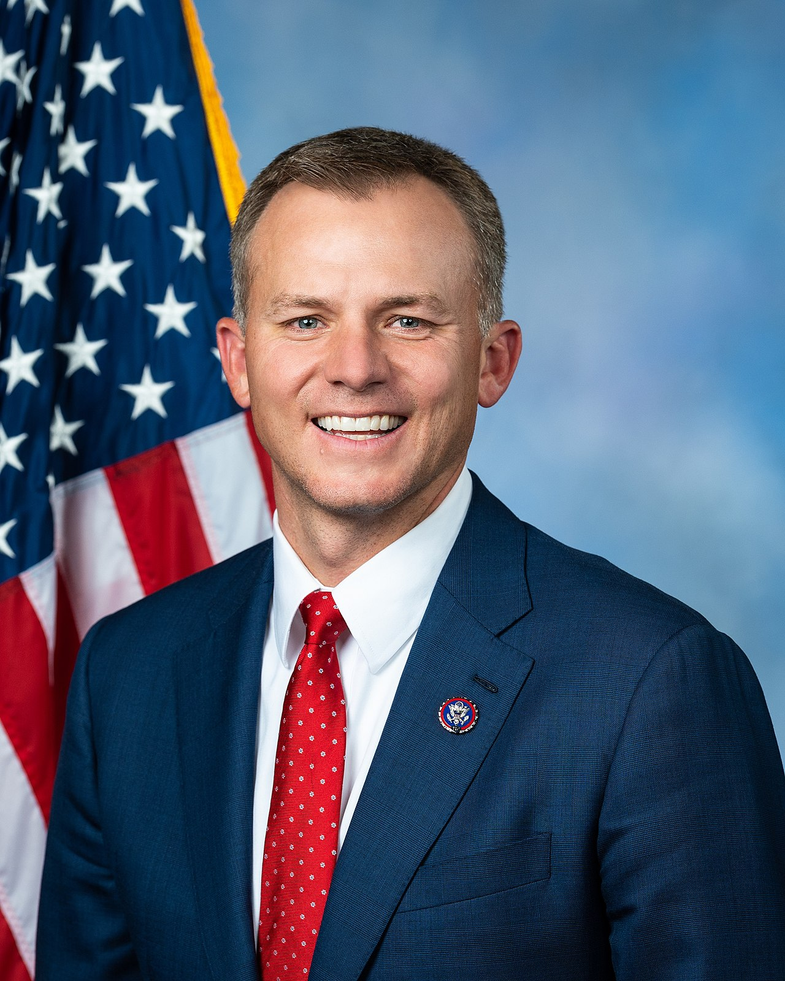S. 1250: Stopping Harmful Incidents to Enforce Lawful Drone Use Act
The "Stopping Harmful Incidents to Enforce Lawful Drone Use Act" (SHIELD U Act) primarily focuses on authorizing activities related to the detection, identification, and mitigation of unmanned aerial systems (UAS), commonly known as drones, particularly around commercial service airports. Here are the key elements of the bill:
Purpose and Scope
The bill aims to enhance safety and security measures against potential threats posed by drones at commercial airports and in surrounding areas. It allows certain federal, state, and local entities to conduct various counter-drone activities without prior consent under specified conditions.
Definitions
- Commercial Service Airport: Includes the airport property and the necessary airspace for safe operations.
- Counter-UAS Activities: Involves the detection, monitoring, tracking, and mitigation of drones, including the ability to disrupt or disable their control communications.
- Non-Kinetic Equipment: Refers to tools used for disrupting drone control communications without causing physical damage.
Counter-UAS Activities on Airport Property
- The bill permits the Department of Homeland Security and local law enforcement to conduct counter-drone measures at airports, aiming to protect against the risks posed by unauthorized drones.
- Activities such as testing equipment for detecting and mitigating drone threats can be done with the airport operator's consent.
- All testing must also be conducted in consultation with the Federal Communications Commission (FCC) and National Telecommunications and Information Administration (NTIA).
Tactical Response Plans
Airports must develop tactical response plans that outline procedures for responding to drone threats, including defining threat levels and designating appropriate roles for various entities involved in responding to threats.
Authorization for Off-Airport Counter-UAS Activities
The bill allows states and localities to implement counter-drone activities within their jurisdictions to enhance public safety. Testing areas can be established by both public agencies and private sector entities to evaluate the effectiveness of various counter-drone technologies.
Federal Support and Training
Federal agencies, including the FAA and TSA, are tasked with publishing guidance and best practices for counter-drone activities. They will also facilitate training on these activities for law enforcement at various levels.
Jamming Technology
The bill modifies existing communications laws to permit certain law enforcement agencies to use jamming technology to counter threats posed by drones, provided they do so in consultation with the FCC.
Annual Reporting and Updates
The bill requires the annual update of best practice guidelines and the establishment of a notification system for law enforcement to alert the FAA and the public of active drone threats in their operational areas.
Contracting and Vendor Support
Federal departments, including Defense and Homeland Security, are authorized to enter into contracts to facilitate drone safety activities. They must publish lists of recommended vendors and equipment annually.
Traditional Police Powers
The bill affirms that it does not limit the traditional police powers of state and local governments to address imminent public risks, including threats from drones.
Relevant Companies
- BA - The Boeing Company: As a manufacturer of aircraft and drones, Boeing could be impacted by regulations regarding drone operations near airports.
- UAL - United Airlines Holdings, Inc.: Could be affected by increased security measures and operational disruptions resulting from counter-drone activities.
- LUV - Southwest Airlines Co.: Similar to United Airlines, Southwest may face implications from new security protocols due to drone threats.
This is an AI-generated summary of the bill text. There may be mistakes.
Sponsors
1 sponsor
Actions
2 actions
| Date | Action |
|---|---|
| Apr. 02, 2025 | Introduced in Senate |
| Apr. 02, 2025 | Read twice and referred to the Committee on Commerce, Science, and Transportation. |
Corporate Lobbying
0 companies lobbying
None found.
* Note that there can be significant delays in lobbying disclosures, and our data may be incomplete.














